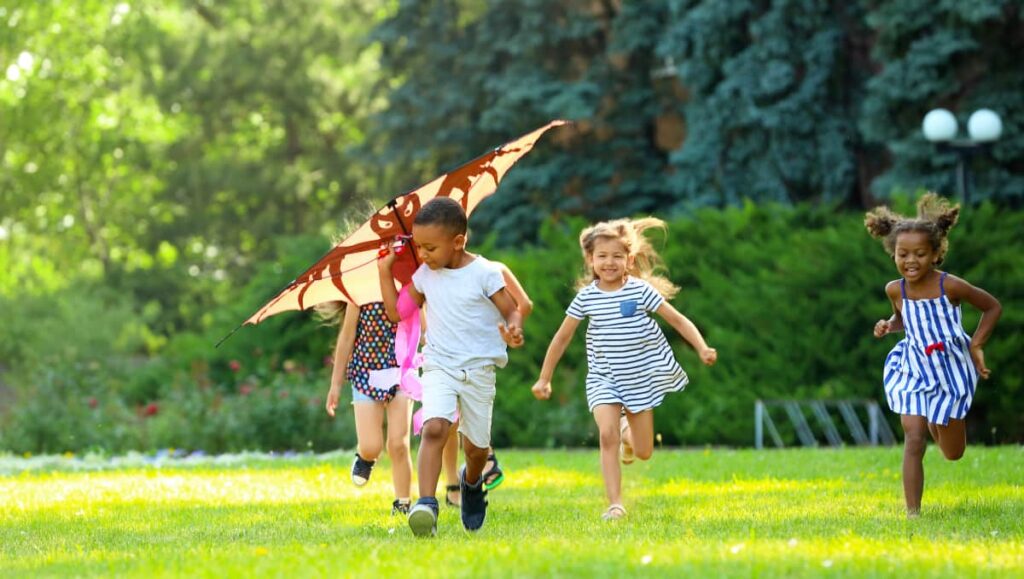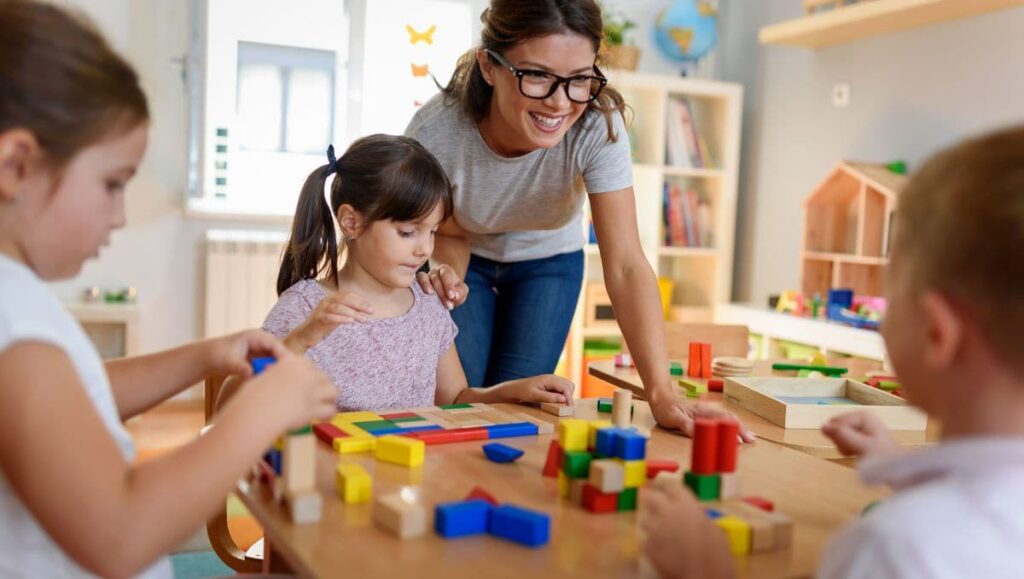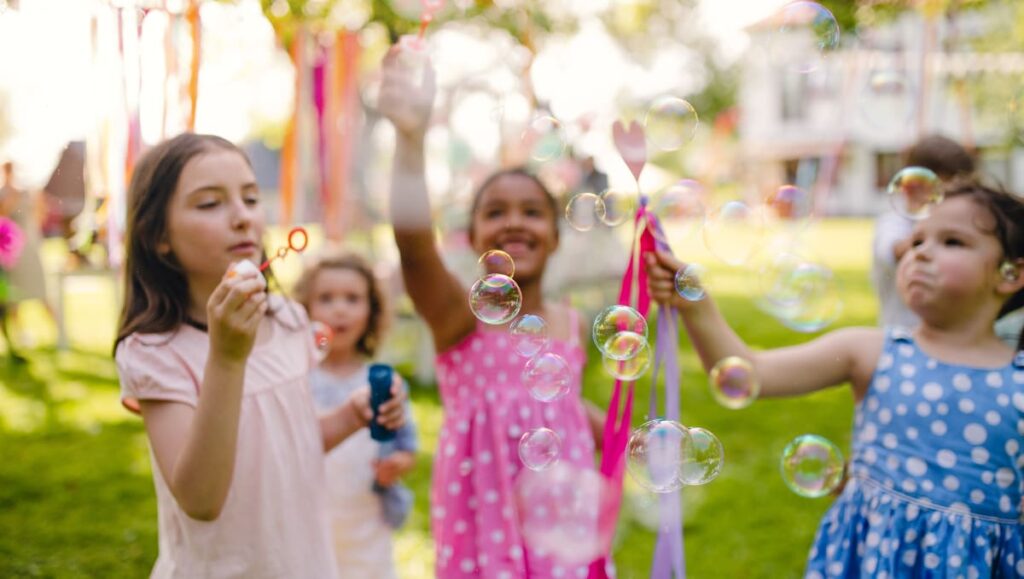There is a constant discussion about the significance of cultural activities in student’s lives. Some think that students should completely concentrate on their academics but this mindset changes with time. Several educational institutions now realize the role of cultural activities in the child’s overall growth. These activities enable learners to acquire skills, communicate themselves, and build faith. As a result, cultural activities in schools also have a huge impact on academic performance.
In addition to that, these activities also help in boosting student’s connection to school and boost their attendance. Let’s explore throughout the blog how cultural activities play a major part in the development and growth of a child.
Table of Contents
Need for Cultural Activities in School
Cultural and social activities play a vital part in the comprehensive growth of students. They offer students the opportunity to connect with their roots and feel proud of their essence. By participating in cultural events, celebrations, and social gatherings, students not only learn about unity and collaboration but also develop respect for others.
Engaging in these school activities improves their communication skills, and teamwork abilities, promotes friendships, and prepares them for future challenges. In the context of Indian education, these cultural and social experiences serve as deep threads that enhance the learning environment which makes it more inclusive and enjoyable for all.

The Importance of Cultural Activities in Schools
Cultural activities in schools offer numerous benefits that contribute to students’ personal growth and academic success. Here is why they matter:
1. Improves Academic Performance
Student participation in cultural activities has an optimistic influence on their academic performance. Research has demonstrated that involvement in such activities can boost reading, mathematics, and overall grades. These experiences help students refresh their minds, which in turn improves concentration and cognitive functions, leading to better academic results.
2. Builds Confidence and Self-Esteem
Participating in cultural activities can significantly boost students’ self-confidence. Every student has unique skills and passions, and when they are given the chance to explore them through these activities, their self-esteem improves.
3. Increases Sense of Commitment
Cultural programs encourage a sense of responsibility and commitment among students. These activities demand students to balance their time between studies and extracurricular involvement. This helps them develop discipline, responsibility, and an understanding of commitment.
4. Offer Scholarship Opportunities
Many colleges and universities present scholarships and other possibilities based on extracurricular involvement and creative learning. Students who excel in cultural activities or win awards in these events can increase their chances of being admitted to prestigious institutions.
5. Learn New Skills
Cultural activities provide opportunities for students to develop skills beyond the traditional academic subjects of reading and writing. These school activities teach valuable life skills such as leadership, teamwork, problem-solving, and collaboration, which are vital for success both in school and in life.
6. Enhance Creative Expression
These school activities encourage students to indulge in creative learning experiences and express themselves through various art forms such as music, dance, drama, and visual arts. They provide a platform for students to explore their artistic talents, refine their skills, and gain confidence in their creative abilities.
7. Preserve Cultural Traditions
Cultural programs are vital for preserving and passing down cultural practices, rituals, and artistic traditions. By participating in these events, students not only learn about their cultural heritage but also ensure that these valuable traditions continue to flourish for future generations.
8. Enhance Social Skills
Cultural programs offer students a chance to interact with others who share similar interests and learn about diverse cultures and perspectives. These interactions help students build important social skills, including communication, friendship, and tolerance, all of which are essential in today’s multicultural world.

Examples of Cultural Programs in Schools
Cultural programs in schools are an excellent way for students to engage with and appreciate various aspects of culture, history, and heritage. Some common examples of such programs include:
1. Cultural Festivals
Cultural festivals celebrate diverse traditions and holidays and often feature activities like traditional dances, music performances, and food stalls. These festivals encourage student participation in different cultural practices and celebrations and help them indulge in immersive experiences.
2. Art Exhibitions
Art exhibitions permit pupils to demonstrate their creative learning or works, such as paintings, sculptures, and crafts. These exhibitions provide a space for students to express their artistic talents, explore different artistic styles, and learn from their peers.
3. Theater Performances
Theater performances enable students to act out plays, skits, or shows of historical events, literature, or cultural stories. This helps students develop an appreciation for storytelling, dramatic arts, and cultural narratives while improving their public speaking and acting skills.
4. Music and Dance Competitions
Music and dance competitions offer students the chance to perform and compete in a range of genres. These school activities help students develop their musical and dancing abilities, gain confidence, and appreciate diverse forms of music and dance from different cultures.
5. Cultural Workshops
Cultural workshops provide hands-on experiences in traditional crafts, cooking, or other cultural activities. These workshops let pupils understand and practice precise skills to gain a more profound understanding of diverse cultural traditions.

Conclusion
Schools need to encourage students to explore their interests and talents through cultural programs, as these activities contribute significantly to both academic and personal growth. Through these experiences, students gain valuable insights into themselves and the world around them which helps them navigate life with a broader perspective.
At Sanjay Ghodawat International School, Pune, recognized as one of the best schools in Pune, we believe that cultural activities are as vital as academic strengths. Our school ensures that students actively participate in such activities and become more aware of their traditions and morals. By instilling such values, we aim to nurture responsible individuals who can positively contribute to society.
Also read – The Importance of Art Education in Schools for Student Development








Leave a Reply